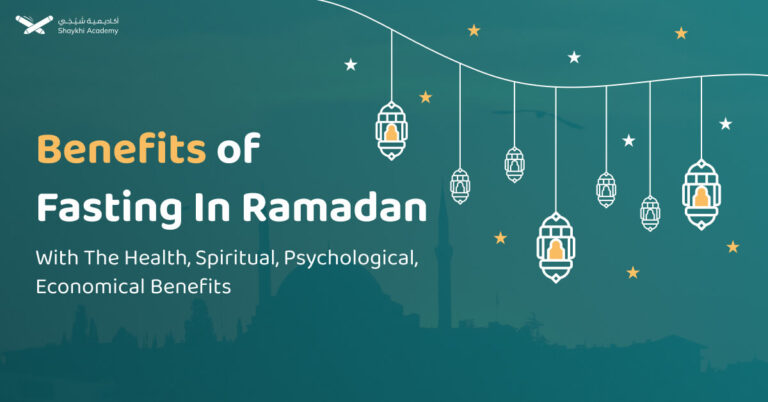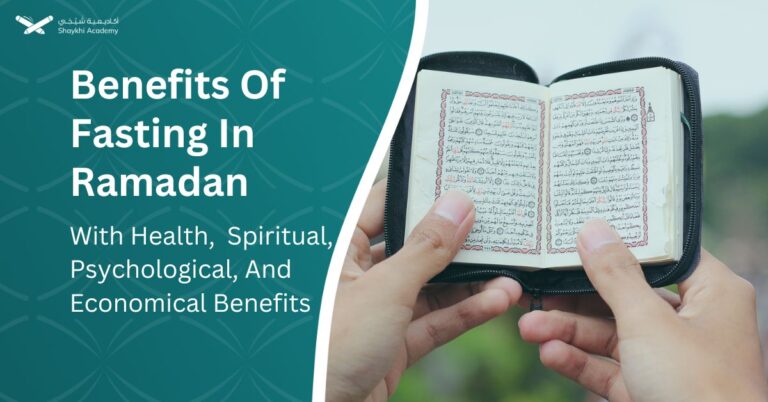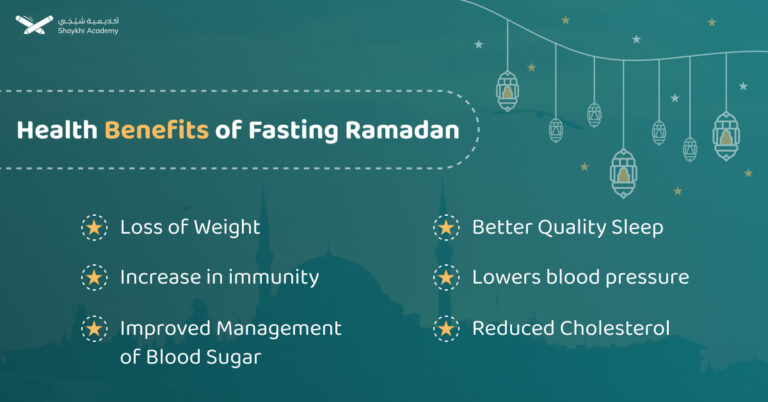Fasting during Ramadan is a deeply spiritual practice that strengthens a Muslim’s bond with Allah, fostering piety, gratitude, and self-discipline. It serves as a reminder of the struggles faced by the less fortunate, cultivating empathy and generosity. Through self-restraint and reflection, fasting encourages Muslims to seek forgiveness, purify their hearts, and enhance their awareness of Allah’s presence in their lives. This heightened mindfulness, known as taqwa, instills a greater sense of responsibility towards one’s actions and faith.
Beyond spiritual elevation, fasting carries immense rewards, both in this life and the hereafter. It is believed that Allah grants abundant blessings to those who observe it sincerely. By enduring hunger and thirst for His sake, believers grow closer to divine mercy and ultimate salvation.
According to Islamic teachings, those who fast will enter paradise through the exclusive Ar-Rayyan gate, a privilege reserved only for them. The act of fasting is also seen as a shield against Hellfire, reinforcing its significance as a pathway to eternal success.
Spiritual benefits of fasting in Ramadan:
Muslims fast throughout Ramadan mainly as a spiritual activity to deepen their relationship with the Creator enhance their faith, and achieve the benefits of fasting in Ramadan. Fasting during the day serves as a reminder of the struggles that many individuals deal with daily. Muslims think that by fasting, they might develop greater empathy for other people and become more giving.
Furthermore, Muslims learn patience, discipline, and self-control by fasting in Ramadan. It is an opportunity to consider one’s deeds, confess one’s sins, and ask Allah for forgiveness. Muslims think that going without food helps cleanse the spirit and draws one closer to Allah. Let’s see the most important spiritual Benefits of Fasting in Ramadan:
1. Boosts Taqwa
The Islamic term “taqwa” means “piety and dread of God,” as well as awareness of Allah and the truth. The holy text of the Quran has many uses of the word. Because the angels are always watching over us, it conveys a strong feeling of caution about our own lives and deeds.
Fasting also improves one’s capacity to help one refrain from inadvertent transgressions of His ways. People follow the route away from sins and wrongdoings as a result.
2. Fetches larger compensation and rewards
During Ramadan, Muslims who can do so must fast to achieve the benefits of fasting in Ramadan. It is stated that Allah bestows enormous favors and rewards on those who fast. People are getting closer to seeing Allah in the hereafter with every hour they spend fasting. However, instead of fasting for the presents, one should concentrate on their importance and worth.
3. Prevents Hellfire and leads to heaven
On the Day of Resurrection, only those who fasted during Ramadan will be permitted to pass through the Ar-Rayyan gate into heaven. In anticipation of Ramadan, the virtue encourages individuals to increase the number of voluntary fasts they observe. Muslim scholars say that a person can be transported from Hellfire to Jannah with just one day of fasting.
conclusion:
Fasting in Ramadan is a powerful spiritual journey that deepens faith, builds self-discipline, and nurtures compassion. It fosters taqwa—a heightened awareness of Allah—while purifying the soul and encouraging generosity.
Beyond earthly rewards, fasting is a path to paradise, with the exclusive Ar-Rayyan gate reserved for those who observe it. It shields believers from wrongdoing, grants divine blessings, and serves as a means of forgiveness, ultimately leading to eternal success in the hereafter.

















































